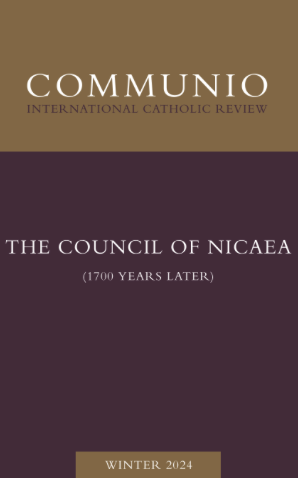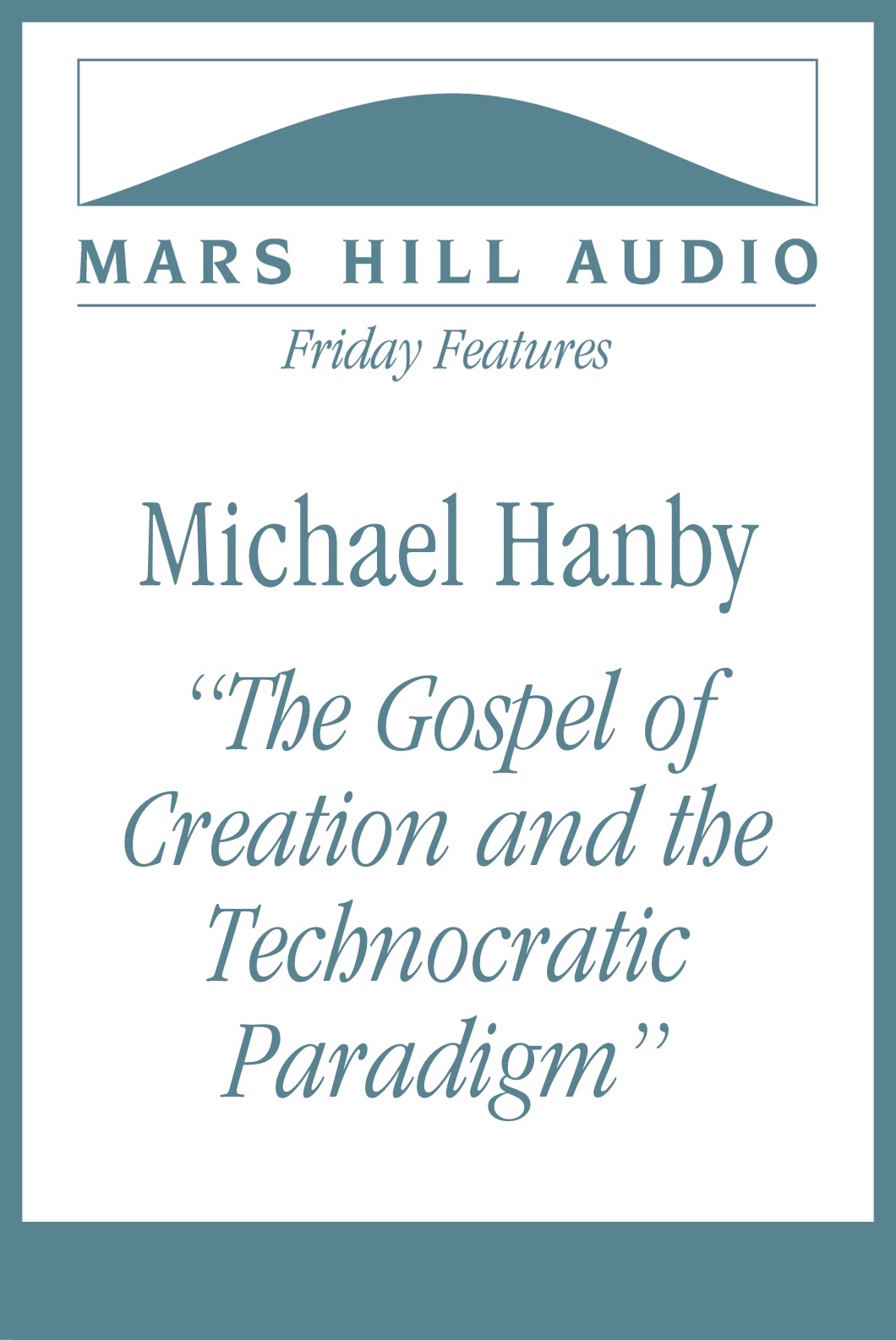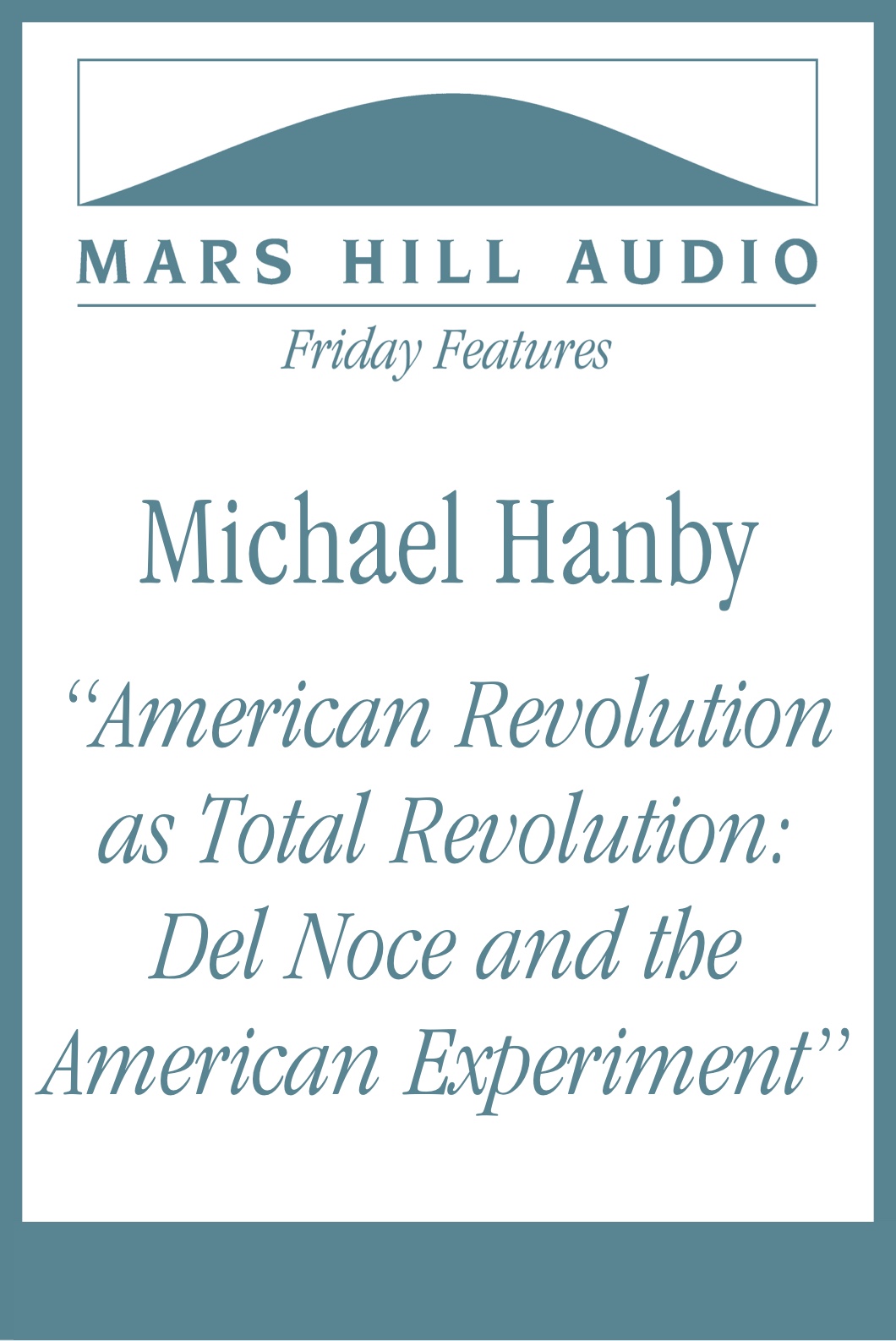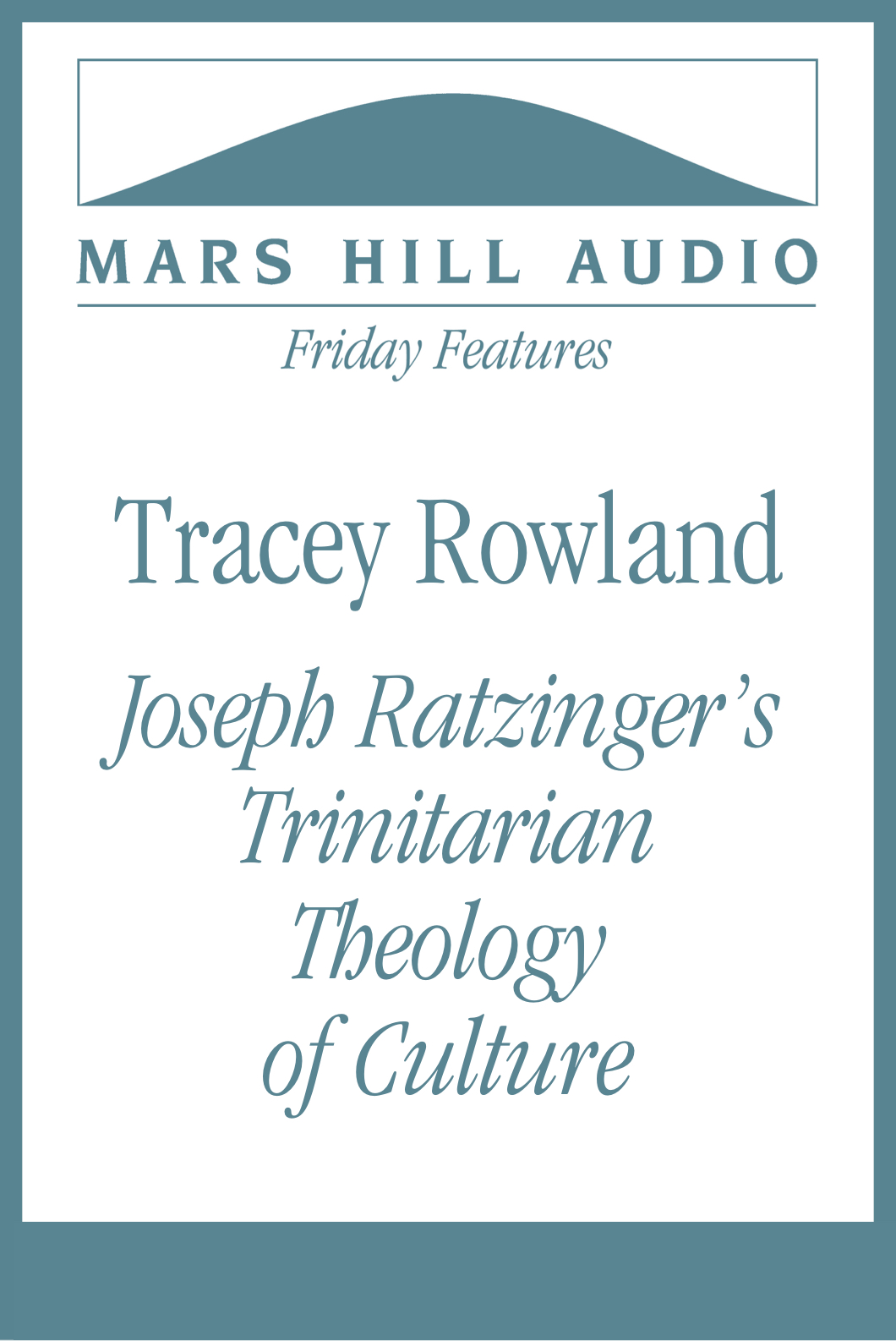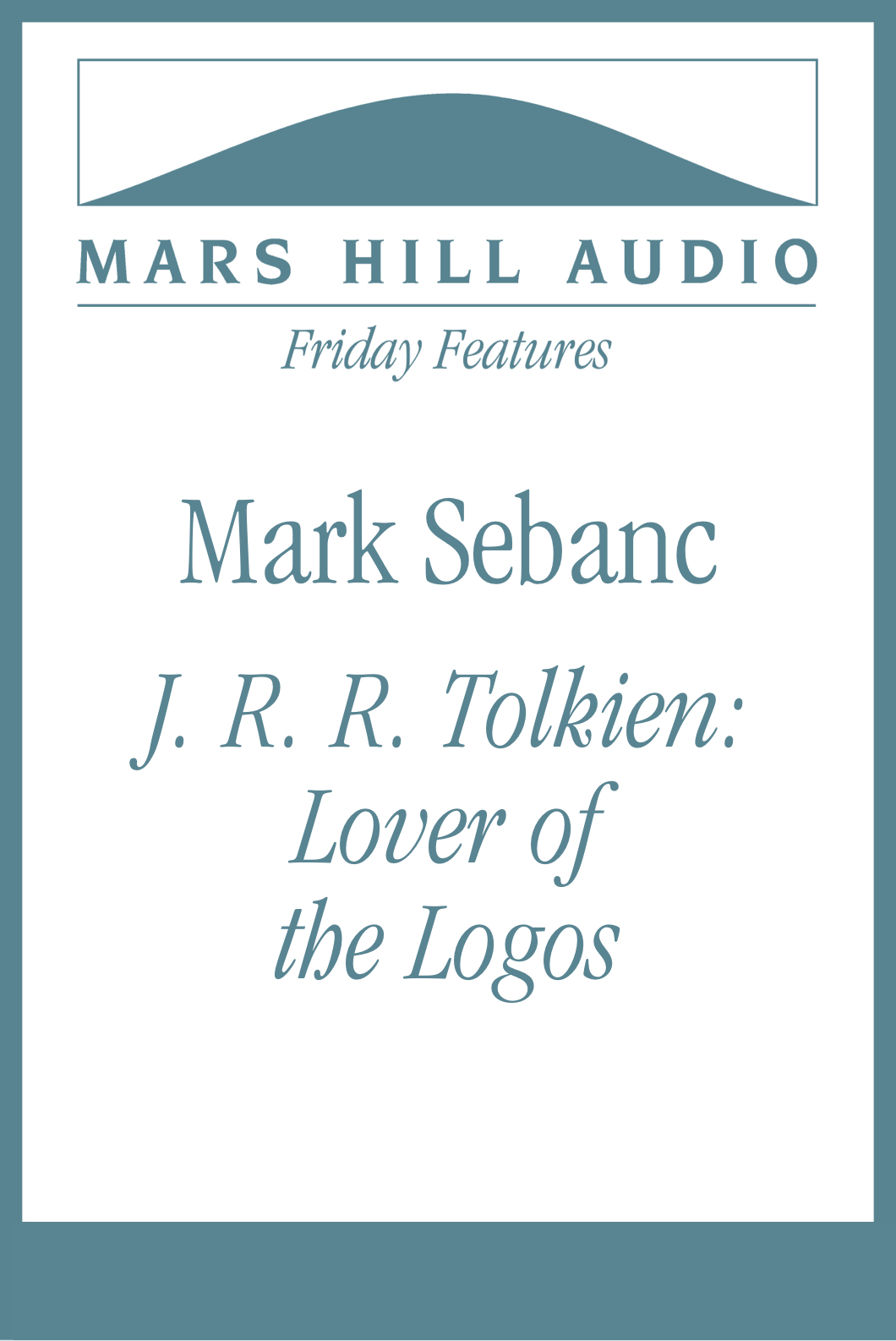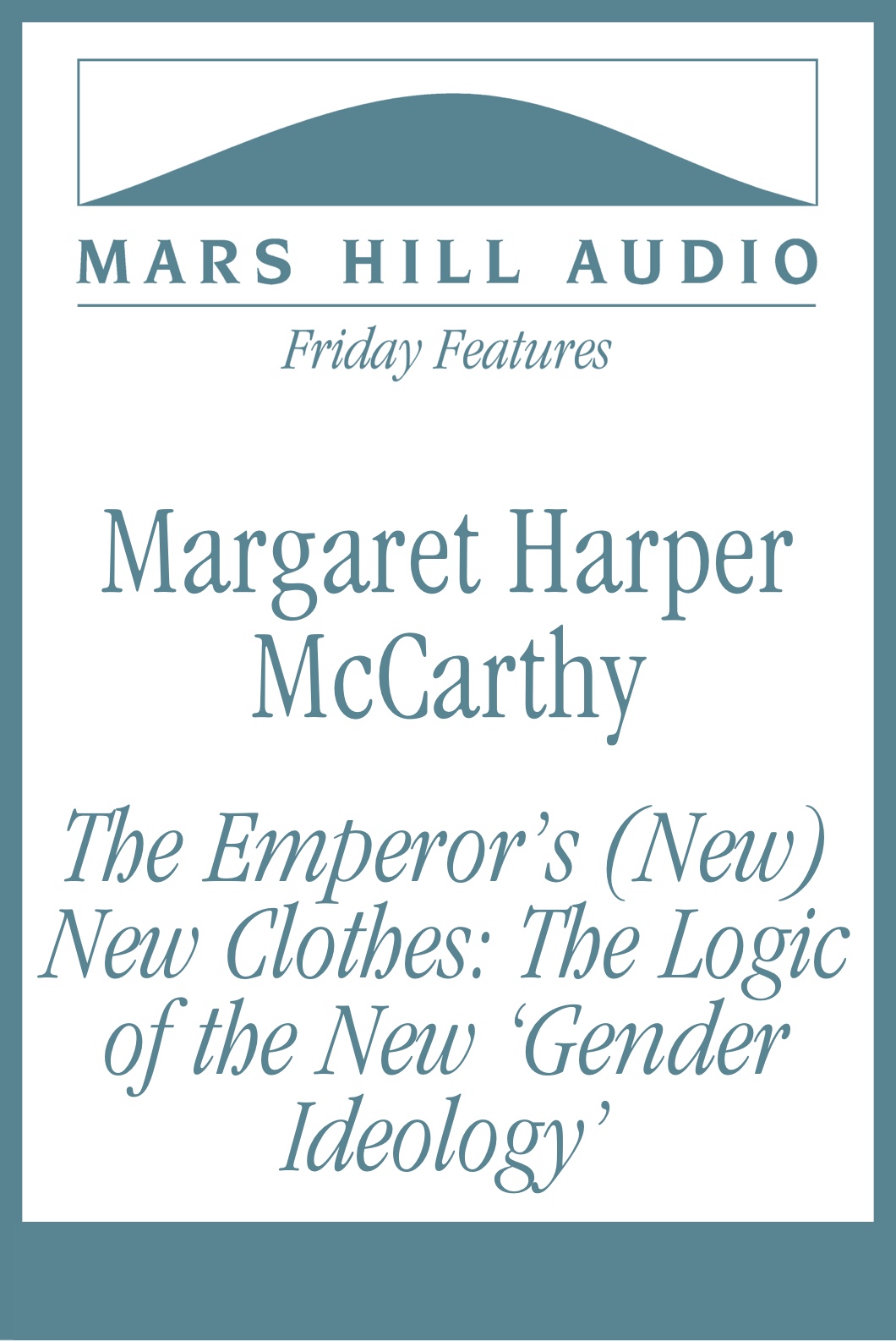
Communio was founded in 1972 by Hans Urs von Balthasar, Henri de Lubac, and Joseph Ratzinger. It stands for the renewal of theology in continuity with the living Christian tradition, the continuing dialogue of all believers, past and present, “as if all were simultaneously in the circle.” Now published in collaboration with twelve other editions in Europe, Latin America, and Africa, Communio is truly “catholic” and international in scope. (Cardinal Karol Wojtyla was instrumental in the establishment of the Polish edition.)
The English-language edition of Communio was founded in 1974. It is published quarterly and regularly carries articles on philosophy, the arts, and the relationship between Catholicism and American culture. Emphasis is placed on exploring the meaning of John Paul II’s call for a “new evangelization.” In every issue of Communio, an effort is made to reestablish the bond between prayer and theological reflection, the loosening of which lies at the heart of so many contemporary problems.
Communio draws upon the best theological writing in many languages, but it is broader than a theological journal; it strives to let the “symphony” of Catholic truth resound in its pages—not only for specialists, but also for any person concerned with uniting faith and culture. Subscribers can participate in the development of the Review by joining or forming Communio Study Circles that gather around the world for fellowship and reflection on articles or themes from the journal. Readers can also look forward to reprints of memorable, often hard to find short pieces by pioneers of the Catholic renewal such as Bernanos, Blondel, Chesterton, Claudel, Dawson, Day, Delbrêl, Gilson, Guardini, Péguy, Pieper, and others.
“In the article that is published at the front of each new edition incorporated in Communio, . . . [Balthasar] recalls that the absolute requirement is that of love, love for Christ and for his Church, love for the other person, with whom it is necessary to be in solidarity and to enter into dialogue, although without compromise, for there exists no such thing as a two-fold truth.”
– Pope John Paul II
SELECT CONTENTS:
Khaled Anatolios
“A Conversation on the Council of Nicaea”
David M. Gwynn
“Athanasius, Nicaea, and the ‘Arian Controversy’’”
Guilio Maspero
“Nicaea: Hellenizing the Faith or Utilizing Philosophy”
